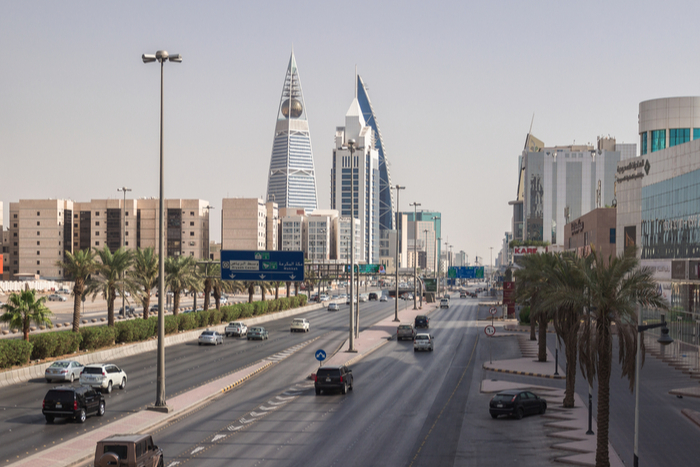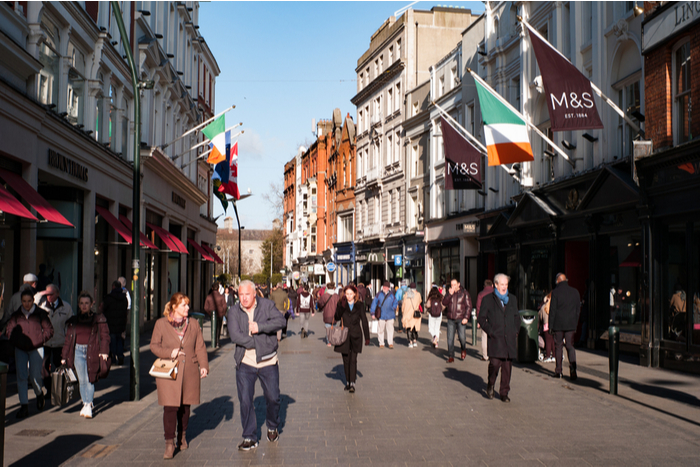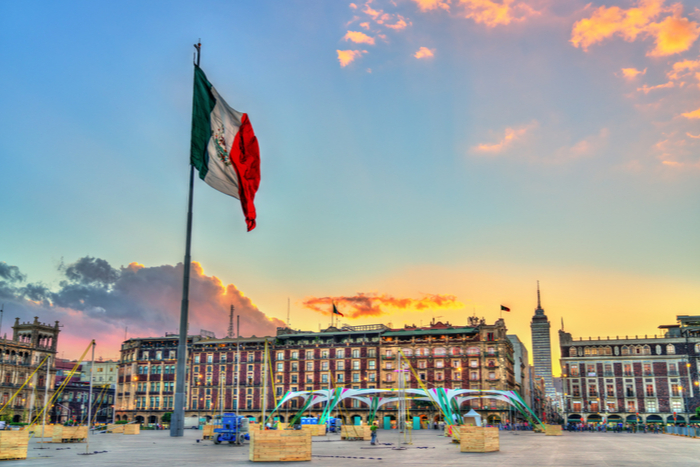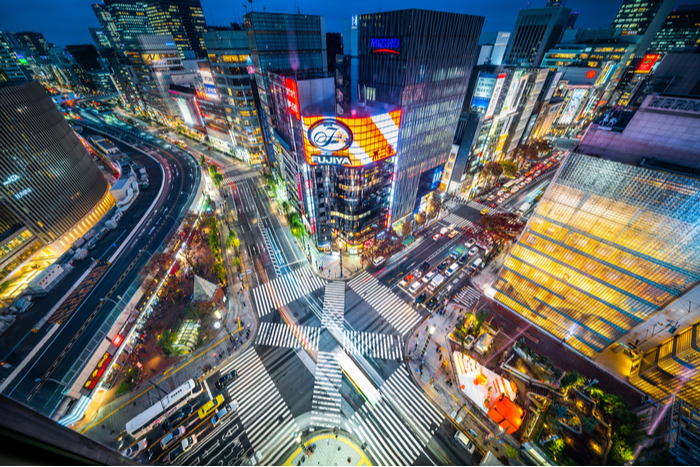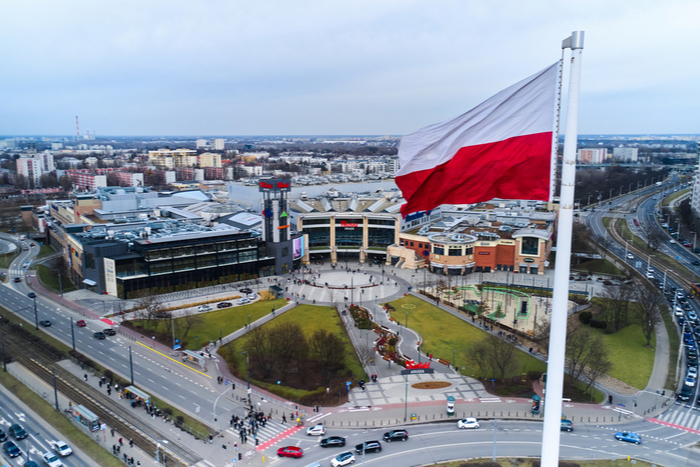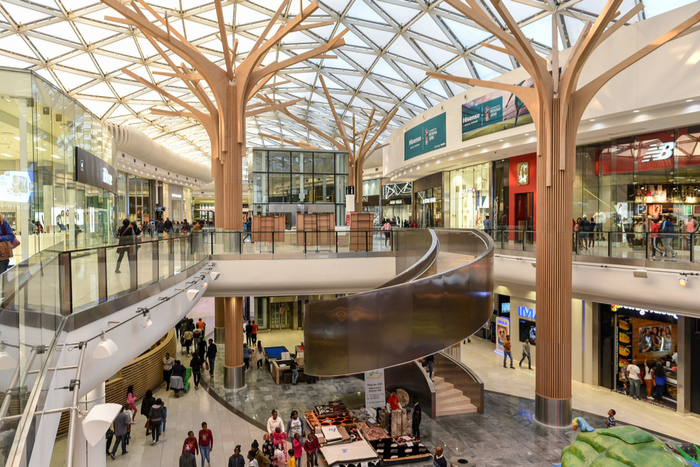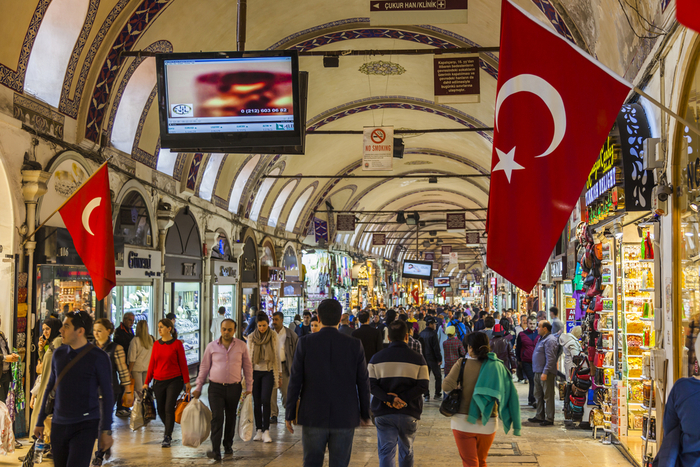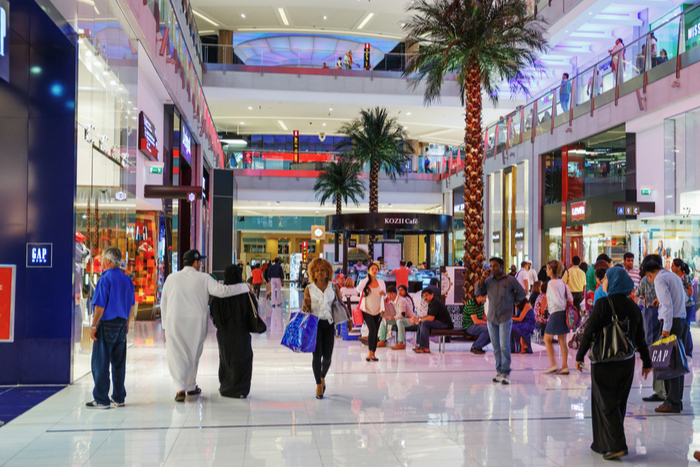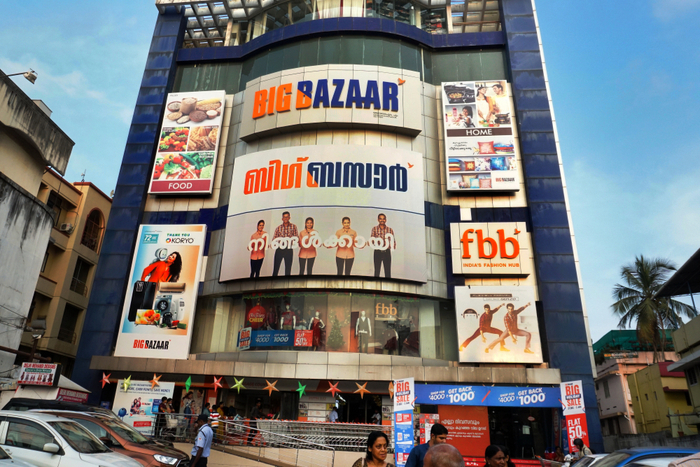Fuelled by its dominantly young, wealthy and tech-savvy population, Saudi Arabia’s retail sector has managed to bounce back from the effects of the Covid-19 pandemic.
Consumer appetite in the Middle Eastern nation is improving, translating into a positive outlook on a strong rebound in consumption. Home to a young population, who are increasing broadband and smartphone penetration, they have driven Saudi Arabia’s shift towards online buying.
According to Euromonitor, Saudi Arabia’s retail market is expected to grow by about 20% by 2022, while the value of ecommerce is expected to more than double.
Today’s consumers are networked and connected like never before. They expect a place to foster conviviality and be more than a retail and entertainment destination. It’s about engaging in the physical and digital world.
According to Data Reportal, there are 33.58 million internet users in Saudi Arabia within a total population of 35 million, and 96% of the population are internet users.
In 2017, ecommerce platform Souq.com was acquired by Amazon, and continues to be the market leader in the Saudi market.
Amazon launched Amazon.sa in Saudi Arabia in June 2020 as a rebranding of Souq.com. Then, in late January this year, Amazon rolled out its Prime membership service in Saudi Arabia, in a bid to further develop its offer in the market.

Saudi Arabia generates 21% of its GDP from its capital city Riyadh. With a population of just over seven million people, Riyadh is the largest city in the Gulf Cooperation Council by more than two million, with an expected population growth to 15 – 20 million by 2030, according to Vision 2030.
Riyadh has a youthful audience with 52% of the population under the age of 30, while 40% are under the age of 25. Government data indicates that the population is composed of 73% Saudi nationals and 27% expatriates.
Some of the biggest retailers in Saudi Arabia include Jarir, Home Centre, Saco, Panda, Max, Abdullah Al-Othaim Supermarket, Al Aamer Furniture, Babyshop, Splash, and Danube.
According to Market Research, the Saudi Arabian food and grocery retail market had total revenues of £40.4 billion last year, representing a compound annual growth rate of 2.9% between 2016 and 2020.
“Revenge spending from domestic tourism may help cushion the market from declines”
The food segment was the market’s most lucrative in 2020, with total revenues of £30.3 billion, equivalent to 75.2% of the market’s overall value.
The value of the Saudi Arabian food and groceries market grew by 4.6% in 2020, as a result of the pandemic, with increased demand driven by precautionary buying and a spending shift from foodservice channels.
Meanwhile, performance across Saudi Arabia’s various real estate market asset classes remains mixed.
However, the residential market continues to outperform, according to the latest quarterly Saudi Arabia Real Estate Market Review by Knight Frank.
The retail sector has been one of the most significant casualties of the pandemic, with headline lease rates in prime shopping malls across the country falling by between 1% and 5% over the last 18 months.
During Q2 alone, rents in the Kingdom’s best shopping malls declined by between 1.5-3% in Riyadh, Jeddah and DMA.
“Hugely reduced footfall as a result of the pandemic and repeated restrictions on international arrivals has been a double whammy for the retail market,” Knight Frank partner and head of Middle East research, Faisal Durrani said.
“That said, the reopening of the border to tourists from 49 nations recently, combined with ‘revenge spending’ from surging domestic tourism may help to cushion the market from further sharp declines.”
President of Diriyah Development Company and former president and chief operating officer, Jonathan Timms said the company was fortunate under the leadership of Saudi Arabia that they were able to act quickly.
“We avoided the worst of Covid. It’s been a fairly non-event because it hasn’t affected people,” he told Retail Gazette. “They quickly put measures in place when needed, which has protected us from more dramatic measures.
“There was a period when shops were closed and that probably accelerated some of the move to online. It’s been business as usual for close to a year in Saudi Arabia now post-Covid.”
Saudi Arabia’s international appeal has been boosted by positive momentum around its socio-economic transformation.
Real estate firm GRMC predicted that there will be 4.7 billion SAR (£93 million) projected domestic tourism retail spend in 2024, with 4.4 billion SAR (£87 million) projected international tourism retail spend in 2024.
Timms urged international retailers to “come quickly” if they want to launch in Saudi Arabia.
“International retailers already understand the incredible economic opportunity which Saudi Arabia provides,” he said.
“I’ve spoken to a lot of major international retailers. When they’re looking at the existing stock on the ground, it’s a bit of a challenge, especially if they want to open a great store, we can do a model store there.
“It’s been business as usual for close to a year in Saudi Arabia now post-Covid”
“But if they really want to come to Saudi Arabia, they’re looking at where can we put our foot on the ground and say, this is our brand.
“There’s a lot of potential developments, and the unique thing about us is we’re already building, we’re vision led, we’re not constrained in terms of anything other than getting the best possible product on the ground.”
To further boost its domestic and international appeal, Saudi Arabia is set to launch Diriyah Square in 2024.
Diriyah is expected to attract visitors from across the world and become the country’s foremost historic, cultural and lifestyle destination, nestled around At-Turaif – a UNESCO World Heritage site.
Diriyah is the largest and most significant commercial project of its type underway anywhere in the world today, with an investment of 190 billion SAR (£37 billion).
The district will have 500 brands and 2.2 million sq ft of retail space. It is expected to contribute 500 billion SAR (£99.9 billion) cumulatively to Saudi Arabia’s GDP until 2030.
Timms told Retail Gazette that the challenge for the Saudi retail sector is similar to the retail sector globally.
“Retail is always changing,” he said. “The amount of retail in Saudi Arabia is so constrained. We’re making decisions as to how we can modify this for the next generation.
“We have an incredible Saudi team who really understand the market and together, we’re able to curate something that’s going to make the best possible environment for those retailers to respond to the changing market.”
Click here to sign up to Retail Gazette‘s free daily email newsletter

